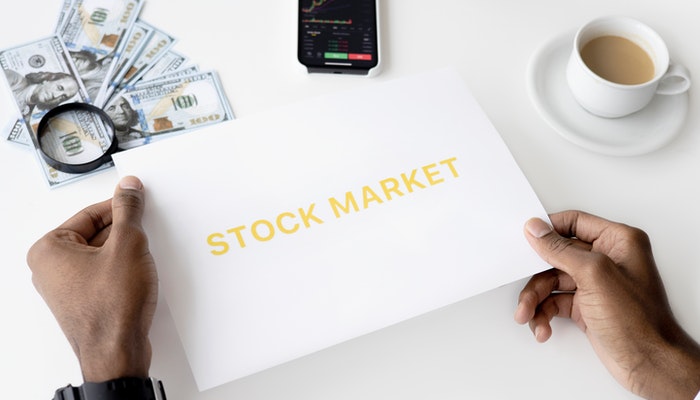CBA shares vs Sydney property (over 30 years)
We recently had a meeting with some prospective clients in Sydney who wanted to purchase an investment property. We decided to conduct a comparison between purchasing an investment property in Sydney and purchasing shares in a company (for this example, we chose CBA) – and seeing what the financial difference would be over 30 years.
Sydney property has always had a reputation for being high, and for growing quickly. This is true of recent times, too – the Sydney market has boomed once again. So let’s look at the numbers.
In 1991, the median Sydney house price was $182,000(http://www.econ.mq.edu.au/__data/assets/pdf_file/0018/220581/Abelson_9_04.pdf).
Fast forward 30 years, and in 2021 the median price is $1.41 million (from Australian Financial Review, Aug 2021). There is some slightly conflicting data available on Sydney median house prices, but when comparing to the sharemarket, the trends we noticed stay the same.
For this example we are talking about rental properties specifically, because we’re looking at property versus shares in terms of investment. The property is therefore assumed to be providing a rental income. In Sydney, the median rental income is $550. Assuming this is the net (that is, the return minus rates, water and real estate fees), this would give you $28,600 in net rent each year, which is an average of 7.06% per annum compounding rate of return.
If you had put that same amount of money ($182,000) into CBA shares in 1991 and didn’t reinvest it, those shares would now be worth $2.9 million dollars.
That means that in those 30 years, you’d have received $2.8 million in dividends from your initial investment. Additionally, Every single dividend CBA has paid in the past has been fully franked which means 30% off tax. To make it a fair comparison, let’s assume you pay 39% tax on your rental property. The CBA share has 30% tax already paid, so with that marginal rate of tax you’d actually only pay 9%.
With these figures, really there is no comparison – the CBA shares obliterate the property when it comes to rate of return. We aren’t biased towards CBA (and we aren’t suggesting you buy them specifically) – any other company doing well would have the same result when compared with property. We could’ve picked any of them for this example – AfterPay, Berkshire Hathaway, CSL – they are all doing better than CBA, but CBA seemed like a fair comparison as it is a big Australian company.
One major difference between buying shares and property is people’s attitude and behaviours towards them. They generally scrimp and save to buy property, and plan to hang onto it for a long time. This is often not the case with shares.
Frequently we hear people say, I bought my house for X and now it’s worth Y! But it’s not that simple. You don’t simply get that as a return – and factors such as opportunity cost need to be considered.
When it comes to investing, opportunity cost and diversification are the two big things that stand out to us. The best companies have always and will always outperform residential properties. The best companies pay dividends but always reinvest in themselves and grow their profits. In 1991 CBA paid a grossed up dividend of $16,000. Fast forward 30 years and that dividend has grown to $140,000. That has been achieved by reinvesting profits, refining the way they do things, growing their market share, selling off unprofitable businesses and opening up new ones, buying super funds and life insurance – and the same can be said for all big companies you can invest in.
Comparatively, rent hasn't grown anywhere near as much. You are most likely to do better when you invest in shares and have a diversified portfolio, which we always recommend.
This is just a simple example and there are lots of considerations when it comes to investing. You need to ask: what is the money needed for? For example, what kind of income stream do you need during your retirement? Your behaviour and thoughts are important too, and a long-term mindset, no matter the investment.


